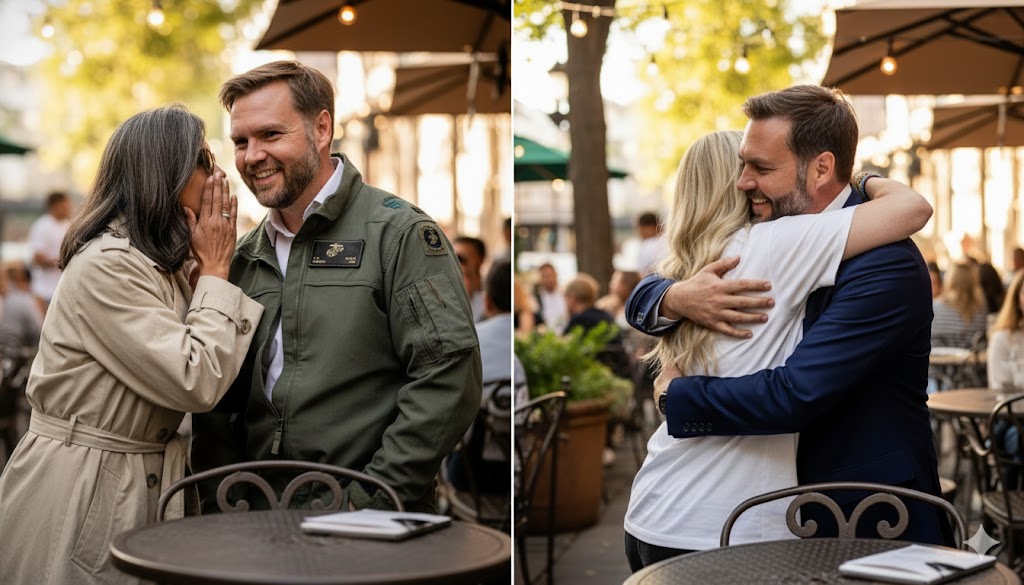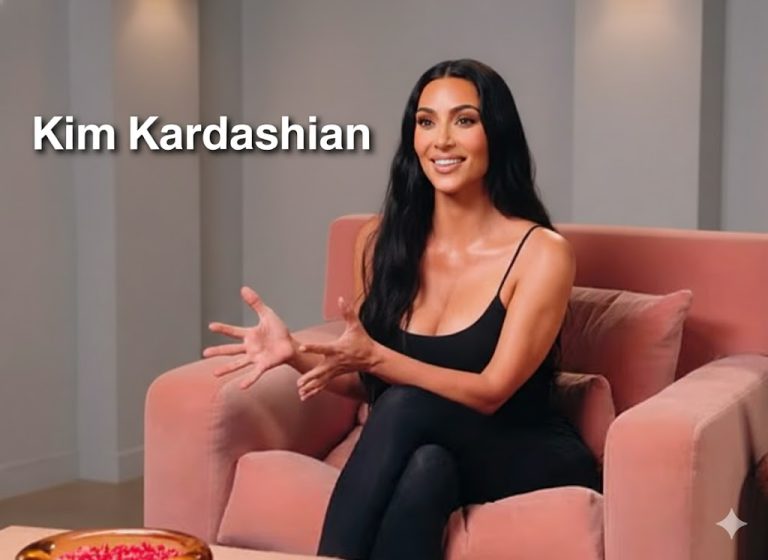A hug on stage and a faith remark off it turned a campus talk into a national flashpoint. At a Turning Point USA event at the University of Mississippi on October 29, 2025, Vice President JD Vance and Erika Kirk shared an emotional embrace after her introduction — and Vance later spoke about hoping his wife, Usha, might one day embrace Christianity. Both moments set off a wave of commentary nationwide.
The event was part of Turning Point USA’s “Faith and Freedom” college tour and filled The Pavilion arena at Ole Miss. Erika Kirk — the widow of TPUSA founder Charlie Kirk — delivered a deeply emotional introduction that drew a standing ovation. She spoke about her late husband’s vision and described Vance as a leader cut from the same cloth of conviction and faith.
When Vance joined her on stage, they shared a long hug that quickly became the night’s defining image. Cameras captured Vance’s arms around her waist and her hand resting on his neck for a moment of visible emotion. Supporters called it a touching sign of mutual grief and friendship; critics felt it looked too intimate for a public stage. By morning, the video had circulated across X and YouTube, racking up millions of views.
The hug was followed by Vance’s remarks about his family and faith. He noted that his wife, Usha Vance, was raised Hindu and that he hoped she would “one day feel called to Christianity.” He added that he respected her beliefs and never pressured her to convert. That off-the-cuff comment sparked a second round of debate online — some viewing it as a heartfelt expression of faith, others as disrespectful to her heritage.
Within hours, the moment was being discussed in national headlines and on morning shows. Some conservative pundits said Vance was being punished for showing empathy in public, while others argued that leaders must maintain professional boundaries even amid shared loss. Social media feeds split into two camps — those sharing the clip with messages of solidarity and those critiquing its tone and timing.
The Vice President did not address the controversy directly, but his team released a short statement praising “the strength of faith-based friendships that lift people through loss.” That did little to slow the viral discussion. Even a few White House officials, speaking off record, told reporters they were impressed by Vance’s “quick-on-his-feet” answer to an unvetted audience question about the so-called “religious rift” with his wife — a remark that helped spawn fresh “White House whispers” about his poise under pressure.
Meanwhile, Usha Vance has not commented publicly. Friends say she was unbothered by the moment and accustomed to her husband’s open discussion of faith. Observers note that the episode reveals how deeply personal narratives — grief, belief, marriage — can eclipse policy talk in the modern media age.
Political analysts see a pattern emerging for Vance: he often generates headlines for unguarded moments that blur the line between authentic and controversial. In this case, his human connection with Erika Kirk and his honest acknowledgment of interfaith differences both fed into an environment hungry for emotion-driven clips and sound bites.
As of November 1, no further official response has been issued by Turning Point USA or the Vice President’s office. The hug and the remark remain the talk of the week — a reminder that in 2025’s media landscape, one unfiltered gesture can carry as much political weight as a policy speech.







